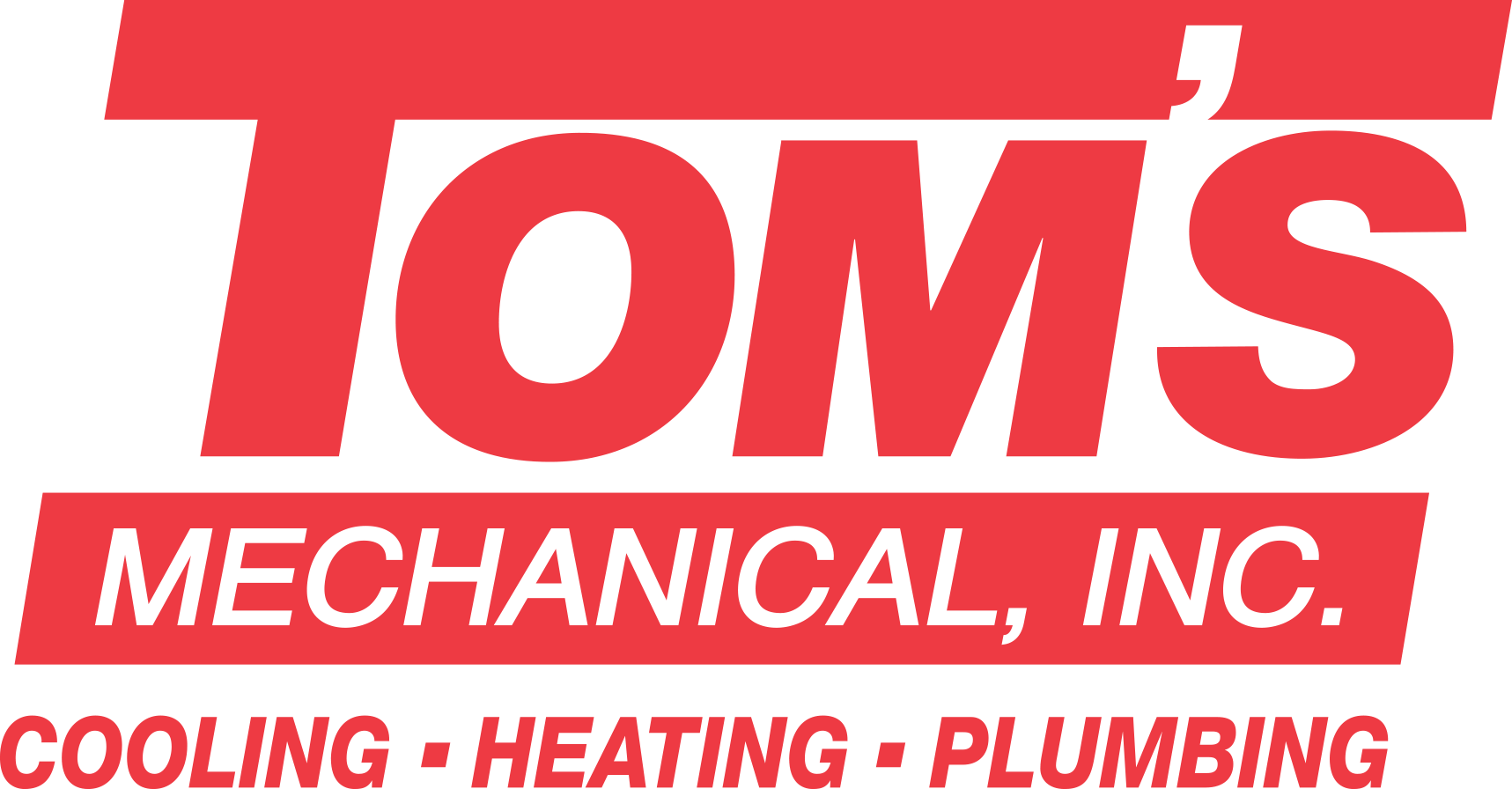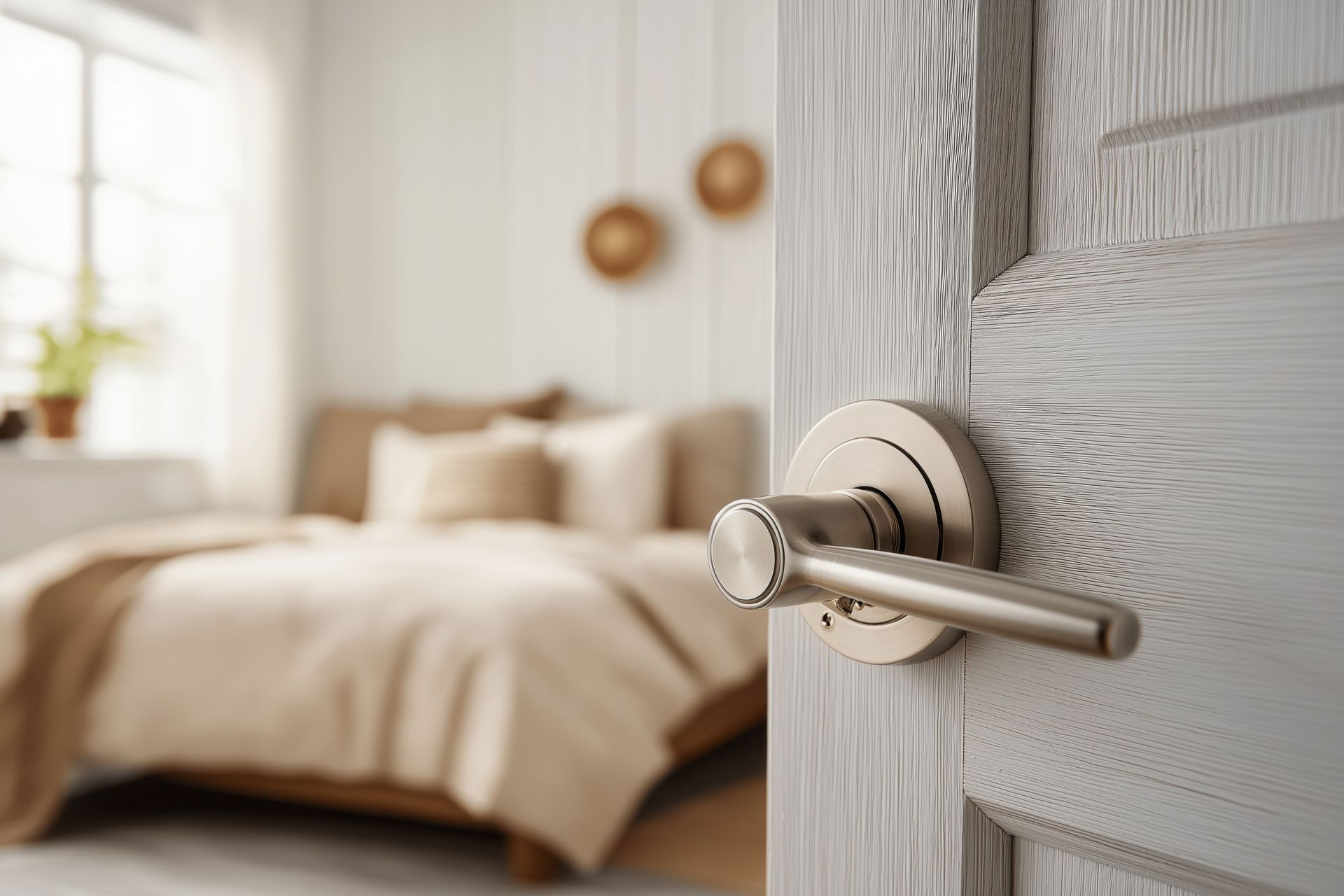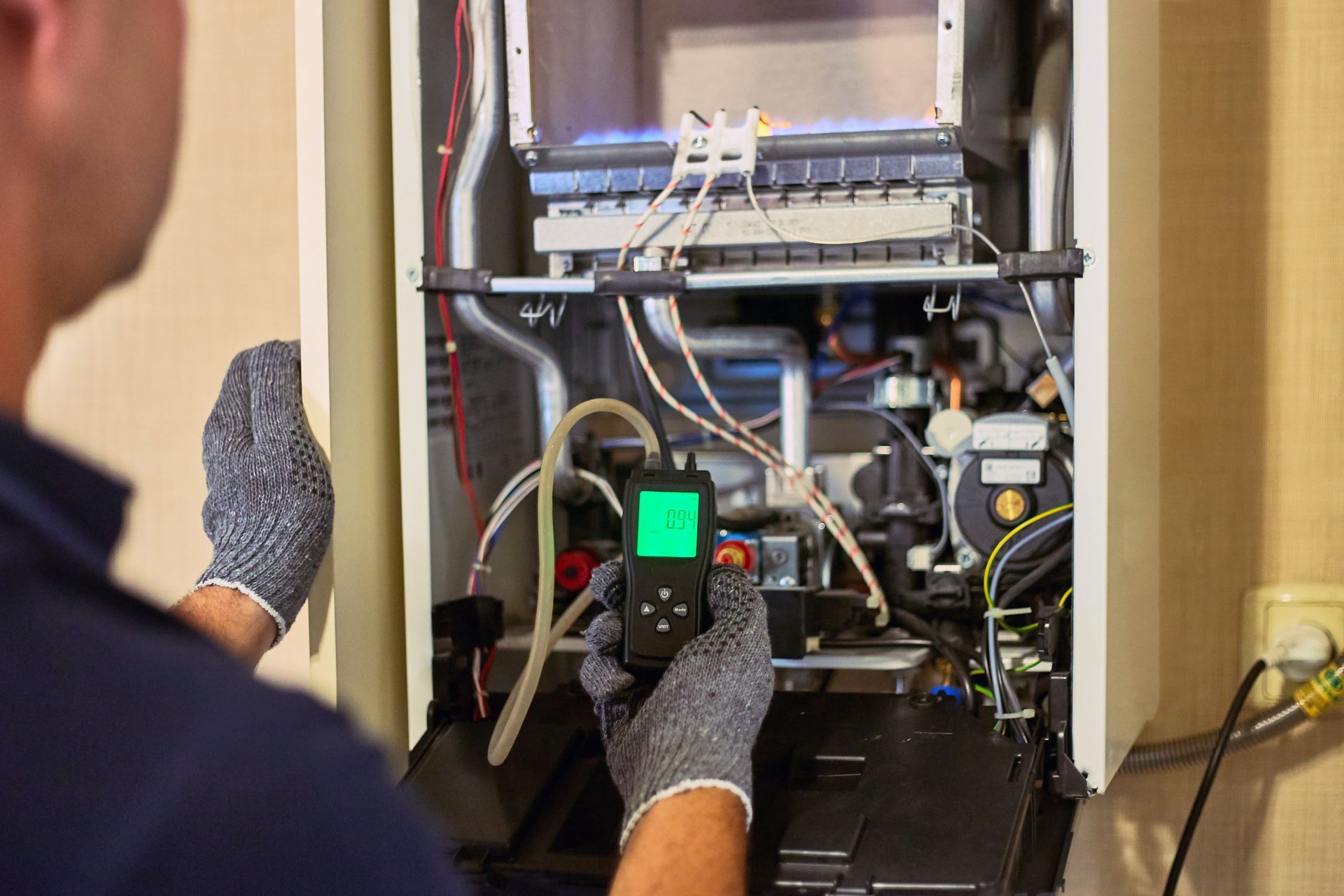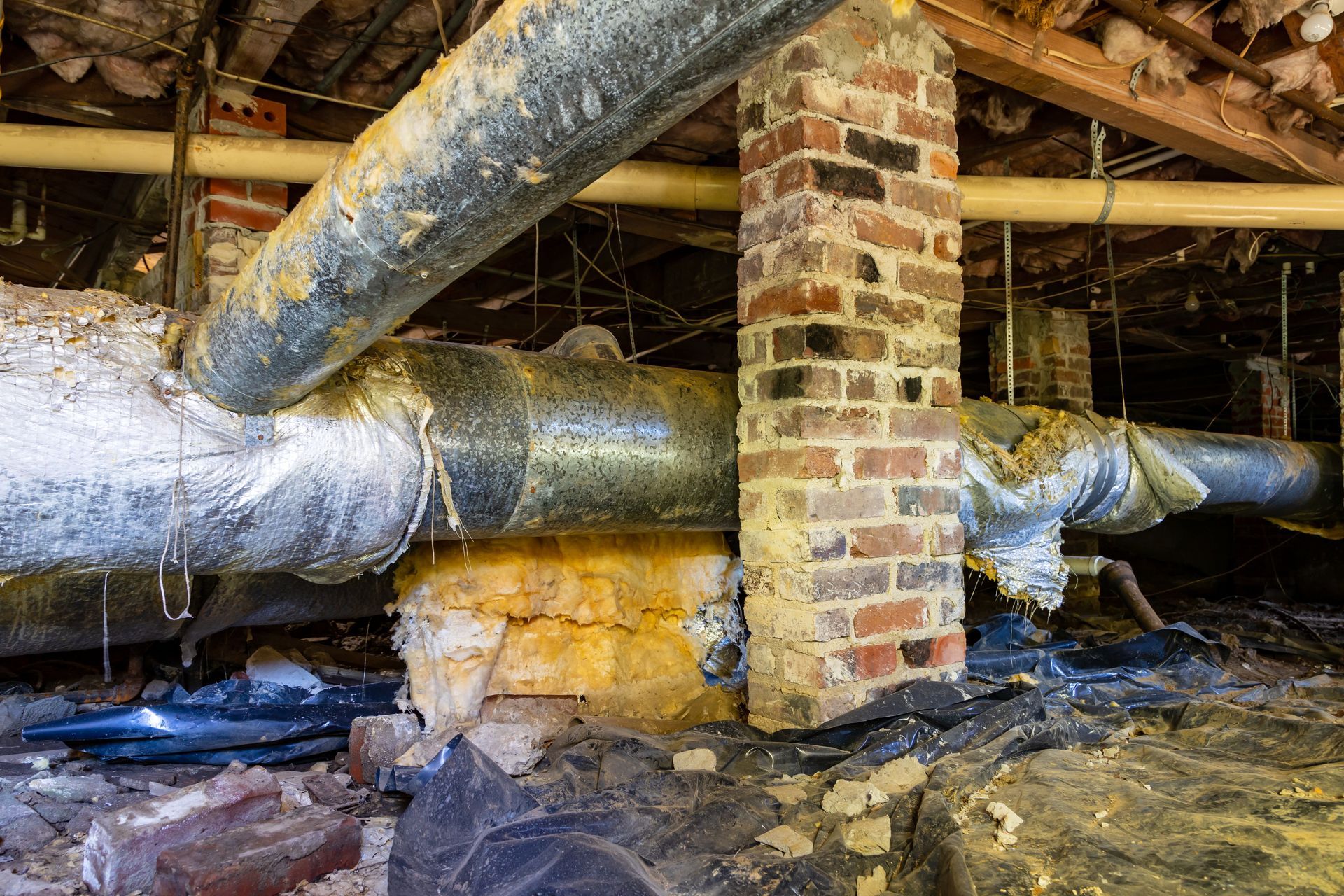Why Fort Worth’s Hard Water Quietly Damages Your Plumbing (and What to Do About It)
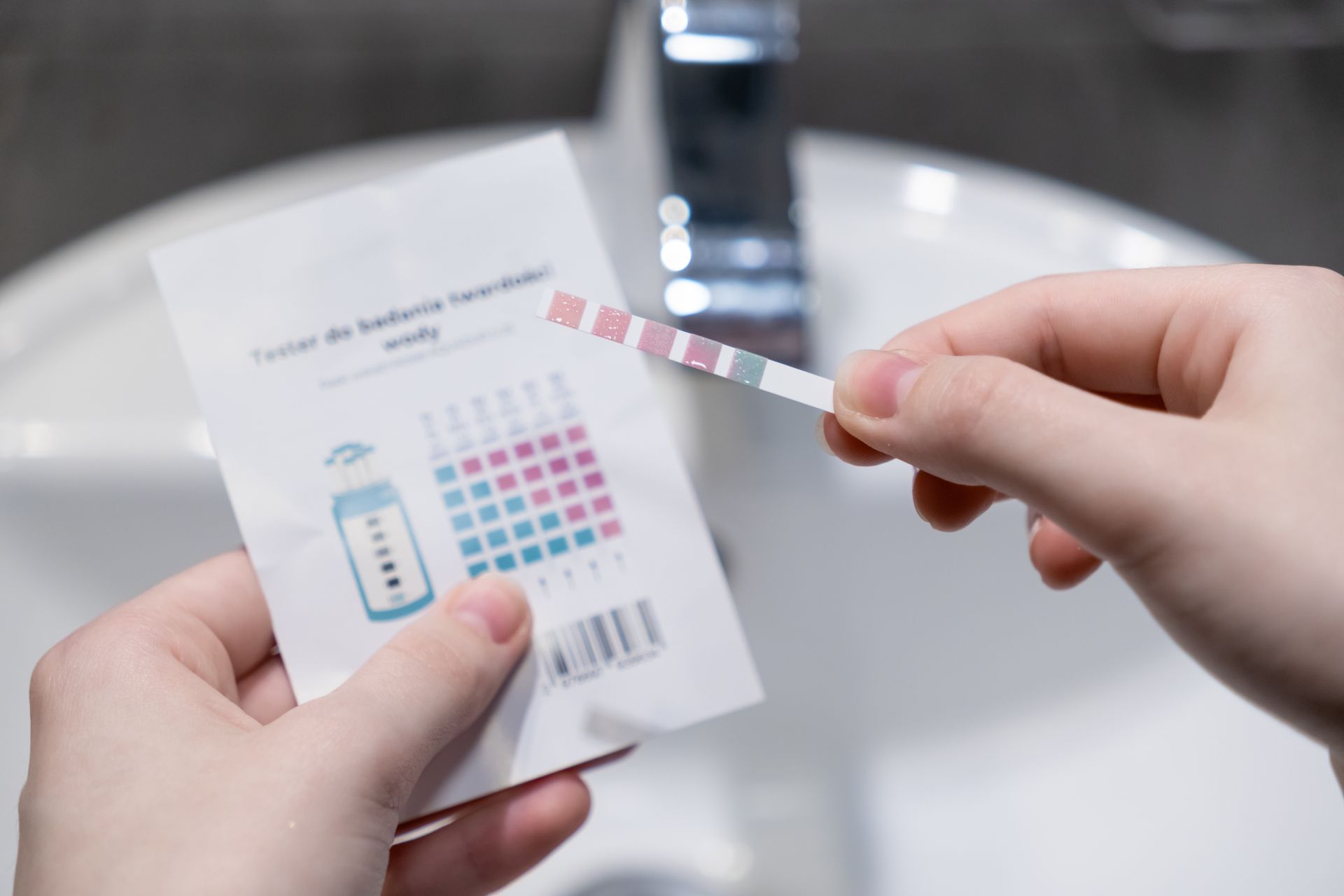
If you live in Fort Worth, you’ve probably noticed the signs of hard water: spotted glasses out of the dishwasher, soap that doesn’t lather well or limescale crust around faucets and showerheads. These aren’t just cosmetic annoyances. Hard water steadily damages plumbing, shortens the lifespan of water heaters and appliances and increases energy bills.
Fort Worth’s water supply consistently falls into the “moderately hard to hard” range, which means every home in the city deals with mineral buildup to some degree. The good news is that there are reliable solutions to protect your plumbing system and improve your water quality.
Where Fort Worth’s Water Comes From
Fort Worth’s drinking water comes from the Tarrant Regional Water District, which manages five large reservoirs in the Trinity River basin:
- Lake Worth
- Eagle Mountain Lake
- Lake Bridgeport
- Cedar Creek Reservoir
- Richland-Chambers Reservoir
These are all surface water sources fed by the Trinity River and its tributaries. Because the city blends water from different reservoirs through five treatment plants, hardness levels remain fairly uniform across the service area.
On average, Fort Worth water measures about 7–9 grains per gallon (120–160 ppm of calcium carbonate). That puts it in the “hard” category by U.S. Geological Survey standards. Exact readings can shift slightly with rainfall and seasonal changes, but hardness issues are consistent across the city for anyone served by the Fort Worth Water Department.
How Hard Water Affects Your Home
Hard water contains higher levels of calcium and magnesium. When heated or left to sit, these minerals solidify and cling to plumbing surfaces. Over time, that buildup creates costly problems:
- Pipes and fixtures – Scale coats the inside of pipes, reducing flow and water pressure. Faucets and showerheads clog more quickly, and fixtures develop visible limescale that is hard to remove.
- Water heaters – Heating hard water accelerates mineral precipitation. Scale collects on heating elements and inside tanks, forcing the unit to work harder and use more energy until it fails prematurely.
- Appliances – Dishwashers, washing machines and coffee makers break down faster because of internal mineral deposits. The average appliance lifespan can be reduced by several years in hard water conditions.
- Everyday cleaning – Soap and detergents don’t dissolve as well, leaving behind film on dishes, dull laundry and buildup in tubs and sinks. Showers can leave skin itchy and hair dry or brittle.
Why Addressing Hard Water Matters
The effects of hard water can add up to real costs. Studies have shown that scale buildup inside water heaters can reduce efficiency by up to 30%, raising monthly utility bills. Plumbing repairs for leaking water heaters and prematurely replacing appliances and fixtures can run into the thousands.
By addressing hard water at the source, you protect everything from your glassware and shower heads to your skin, lowering ongoing energy and repair costs and making daily life more comfortable.
Solutions for Fort Worth Hard Water
When homeowners search for ways to deal with limescale and mineral buildup, they usually land on water softeners. These ion-exchange systems replace calcium and magnesium with sodium or potassium, which prevents the scale that damages pipes and appliances.
Other technologies exist, such as deionizers or water conditioners, but softeners remain the most recognized option for reducing hardness.
At Tom’s Mechanical, we often recommend whole home water filtration. While “filtration” often makes people think only of cleaner taste and odor, modern whole home systems can be customized to address both contaminants and hardness minerals. Comprehensive filtration makes water safer, taste better and offers all the benefits of softer water, like protecting plumbing from scale.
The Benefits of Fixing Hard Water
Installing a water softener or whole home filtration solution offers lasting improvements:
- Plumbing protection – Pipes and fixtures stay clear of heavy scale buildup.
- Appliance savings – Dishwashers, washing machines and water heaters last longer.
- Energy efficiency – Water heaters run more effectively, lowering monthly bills.
- Cleaner results – Glassware, sinks and showers stay free of chalky residue.
- Everyday comfort – Soap and shampoo lather better, leaving skin and hair feeling softer.
These benefits accumulate over time, saving homeowners hundreds or even thousands of dollars while improving daily water use.
Providing Water Softening Solutions for Fort Worth Homeowners
Fort Worth homeowners all deal with the same hard water challenges. While many homeowners learn to live with the consequences, you don’t have to.
Tom’s Mechanical offers whole home water filtration systems and water softening solutions designed to reduce harsh minerals, protect your appliances and keep your family’s water fresh and clean.
Call (817) 277-4493 today to request an estimate and learn which system is right for your home.
